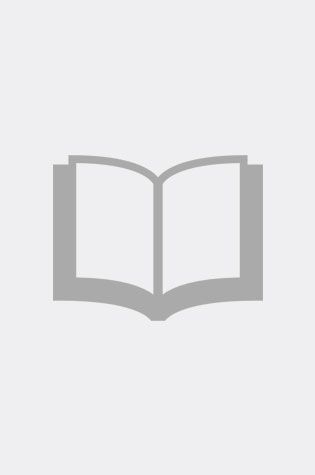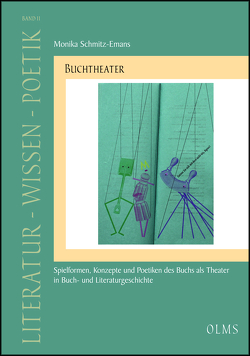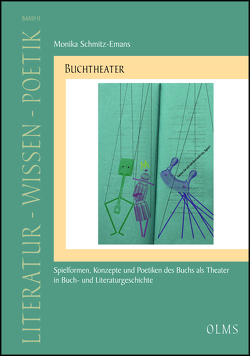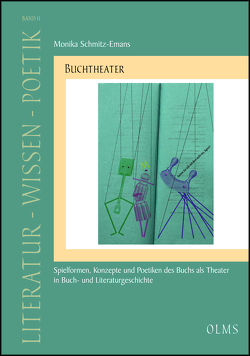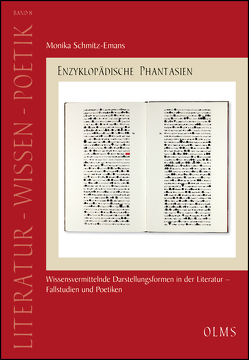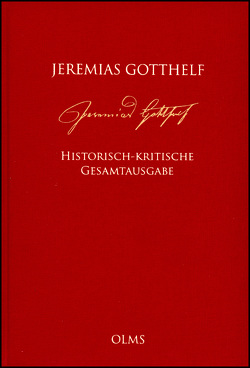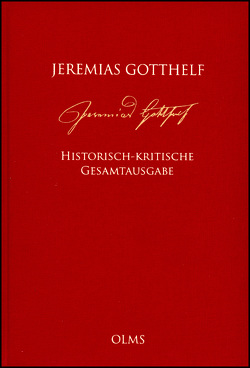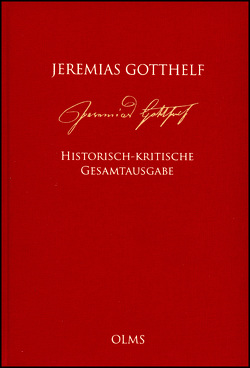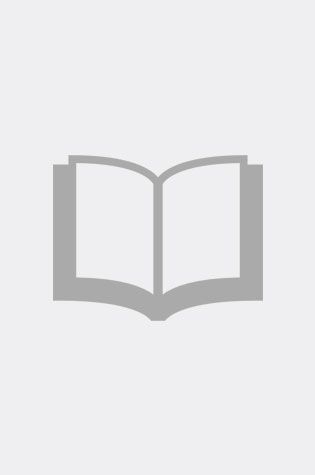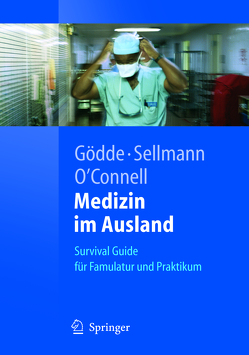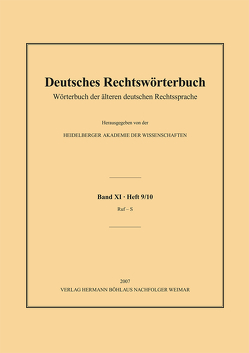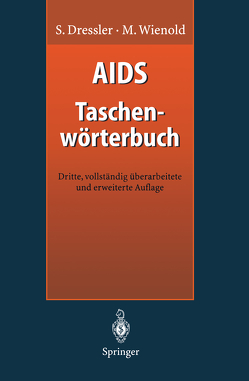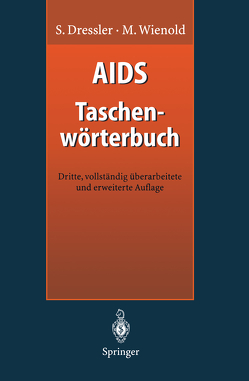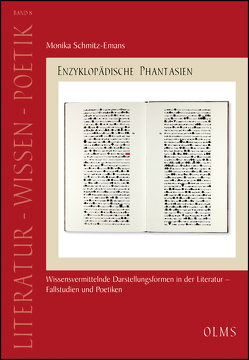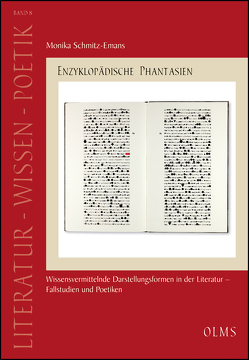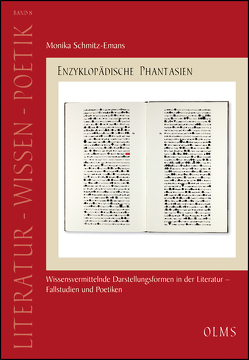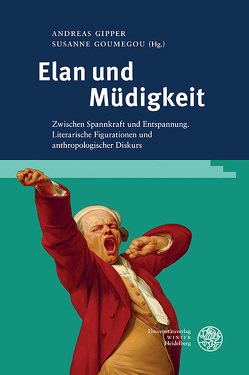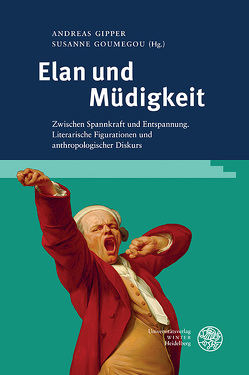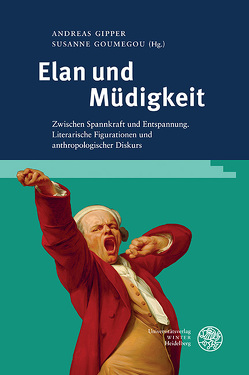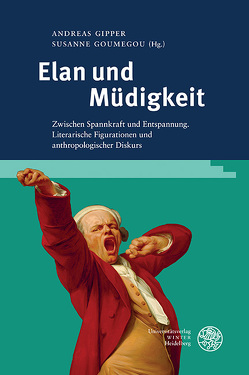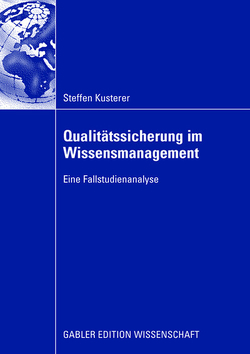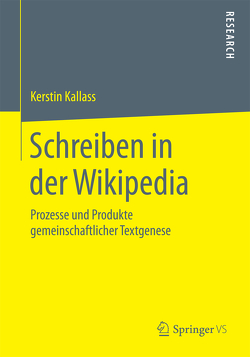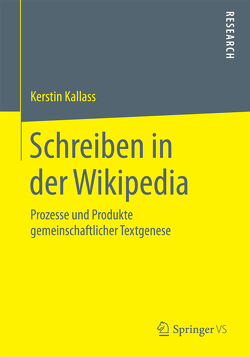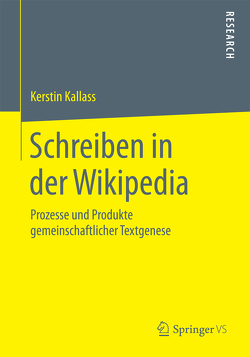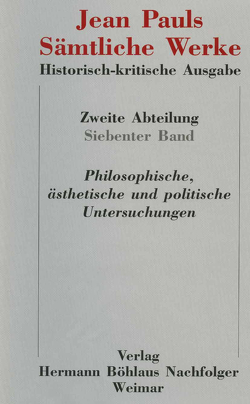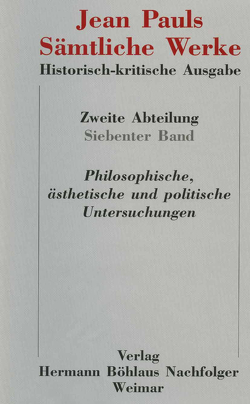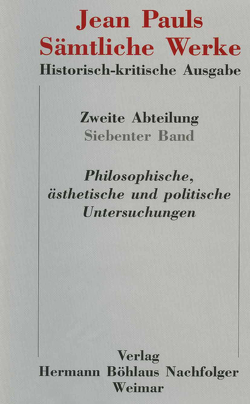Enzyklopädische Phantasien
Wissensvermittelnde Darstellungsformen in der Literatur – Fallstudien und Poetiken.
Monika Schmitz-Emans
Literarische Texte sind wissensvermittelnden Darstellungsformen vielfach verpflichtet: Sie nutzen Formate wie etwa das des alphabetischen Lexikons, des Wörterbuchs oder des Atlas; sie stellen fiktionale Wesen und Welten in enzyklopädischer Form dar; sie treiben ihr reflexives Spiel mit Ordnungsmustern. Die Verbindung ästhetischer und epistemischer Impulse stimuliert insbesondere seit dem Surrealismus sowohl zu neuen Schreibweisen wie auch zu explorativer Buchgestaltung; zentrale Impulse gehen von Jorge Luis Borges und Roland Barthes aus.
Am Leitfaden wichtiger Beispiele diskutiert Teil I des Bandes Formen und Poetiken des poetischen Dictionnaires, des Lexikonromans sowie literarischer und künstlerischer Enzyklopädistik. Herausgearbeitet wird insbesondere das Zusammenspiel von Wissensdiskursen, deren kritischer Reflexion und spielerisch-konstruktiven Gestaltungsverfahren literarisch-poetischer Werke. Teil II erörtert einschlägige Formate und Konzepte am Leitfaden einer alphabetischen Artikelreihe von „Alphabet“ bis „Wörterbücher“. Teil III präsentiert 101 kommentierte Beispiele: Repräsentiert sind die fiktionale Literatur und die philosophische Essayistik, (auto-)biographische Werke, Satiren und Wissenschaftsparodien, eine mit literarischen Mitteln arbeitende Wissens(diskurs)geschichte sowie Verfahren künstlerischer Buchgestaltung.****************Literary texts owe much to the formats of reference works: they use formats such as those of the alphabetical lexicon, the dictionary or the atlas; they present fictional beings and worlds in encyclopaedic form; they play their reflexive games using models of classification. The combination of aesthetic and epistemic impulses has, especially since the age of surrealism, stimulated both new ways of writing and exploratory book design; key impulses came from Jorge Luis Borges and Roland Barthes.
Using important examples, Part I of this book discusses the forms and poetics of the poetic dictionary, the lexicon novel and the creative encyclopaedia. The author elaborates in particular the interplay of discourses of knowledge, their critical reception, and their playful methods of constructing and shaping literary and poetical works. Part II examines relevant formats and concepts based on an alphabetical series of articles from “Alphabet” to “Wörterbücher”. Part III presents 101 examples with commentary: these cover fictional literature and philosophical essays, (auto)biographical works, satires and parodies of academic writing, a history of (the discourse of) knowledge working with literary methods, and the practices of artistic book design.
